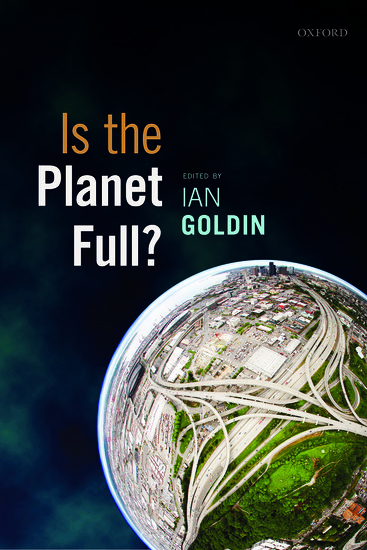By Kate Farquhar-Thomson
It was down to the trustworthy sat nav that I arrived safe and sound at Hay Festival this year; torrential downpours meant that navigating was tougher than usual and being told where to go, and when, was more than helpful.
Despite the wet and muddy conditions that met me at Hay, and stayed with me throughout the week, the enthusiasm of the crowd never dwindled. Nothing, it seems, keeps a book lover away from their passion to hear, meet, and have their book signed by their favourite author. But let’s not ignore the fact that festival-goers at Hay not only support their favourite authors, they also relish hearing and discovering new ones.

My working holiday centres on our very own creators of text, our very own exponents of knowledge, our very own Oxford authors! Here I will endeavour to distil just some of the events I was privileged to attend in the call of duty!
Peter Atkins was an Oxford Professor of Chemistry and fellow of Lincoln College, Oxford until his retirement in 2007 – many of us, including myself, studied his excellent text-books at ‘A’ level and at university. What Peter Atkins does so well is make science accessible for everyone and none less so than an attentive Hay audience. Peter puts chemistry right at the heart of science. ‘Chemistry has rendered a service to civilization’ Atkins says ‘it contributes to the cultural infrastructure of the world’. And thereon he took us through just nine things we needed to know to ‘get’ chemistry.

Ian Goldin’s event on Is The Planet Full? addressed global issues that are affecting, and will affect, our planet. So, is the planet full? Well, the Telegraph tent for his talk certainly was! Goldin, whose lime green sweater brought a welcome brightness to the stage, is Professor of Globalisation and Development and Director of the Oxford Martin School at the University of Oxford. His words brought clarity and insight: “politics shapes the answer to this question,” said Goldin.
Hay mixes the young with the old and academics with us mere mortals, and what we publishers call the ‘trade’ authors with the more ‘academic’ types. This was demonstrated aptly by Paul Cartledge who right from the start referenced an earlier talk he attended by James Holland. Cartledge is A.G. Leventis Professor of Greek Culture at University of Cambridge and James (who is an ex-colleague and friend) is a member of the British Commission for Military History and the Guild of Battlefield Guides but a non-academic. The joy of Hay is that it brings everyone together. Paul Cartledge was speaking about After Thermopylae, a mere 2,500 years ago, but rather a more tricky period to illustrate through props and pictures which Holland so aptly used in his presentation.

OUP had 15 authors at The Hay Festival but the Hay Festival also had other visitors such as Chris Evans whose show was broadcast live from the festival as it was the 500 Words competition announcement and I was lucky enough to be there.
So what does Hay mean to me? It’s a unique opportunity to get up close and personal with heroes in literature and culture, as well as academia. It’s a week of friends, colleagues, and drinking champagne with Stephen Fry whilst discussing tennis with John Bercow – and wearing wellies every day!
Kate Farquhar-Thomson is Head of Publicity at OUP in Oxford.
Subscribe to the OUPblog via email or RSS.
Image credits: Stephen Fry, Ian Goldin, and 500 Words competition at the Hay Festival. Photos by Kate Farquhar-Thomson: do not reproduce without permission.


Recent Comments
There are currently no comments.